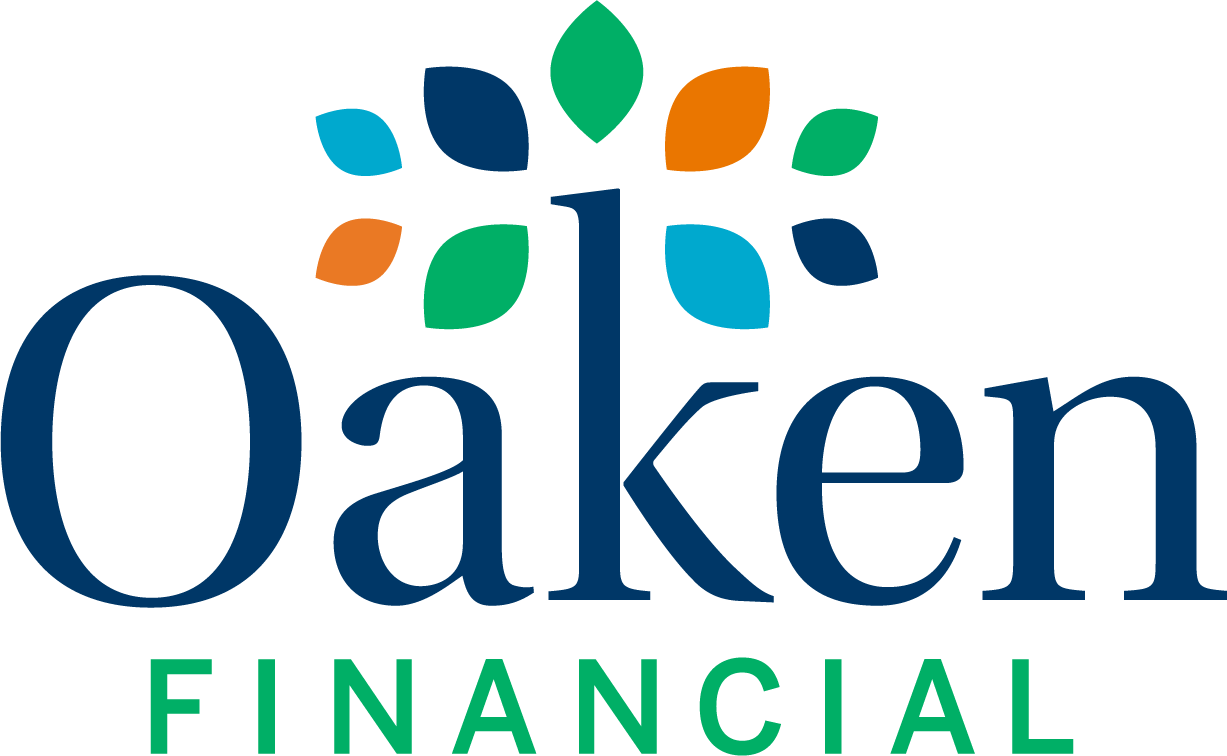It’s November and we’re excited. The leaves are changing colours, the air is crisp but more importantly, it’s the 10th annual Financial Literacy Month! For 10 years now the Financial Consumer Agency of Canada (FCAC) has worked on spreading the knowledge, skills, and confidence to help you take control of your money. This cause is dear to our hearts and we want to do everything we can to empower you to save for the future, understand your financial rights, and manage your debt smartly.
Financial literacy in Canada
And a month-long focus on financial literacy is necessary. In a recent Statistics Canada study, just 15% of women and only 22% of men correctly answered five key questions related to interest, inflation, and risk diversification. (Think you can do better? Try testing your financial literacy on this self-assessment quiz.)
One way to combat low levels of financial literacy is to encourage Canadians to actively seek out financial advice from experts. The research shows that seeking out financial advice is the smart thing to do and those who seek financial advice report having less finance-related stress and more financial confidence, according to the 2019 Canadian Financial Capability Survey.
Overcoming financial challenges
The 10th anniversary of Financial Literacy Month comes at a time when Canadians are facing unique financial and personal challenges. The Covid-19 pandemic has forced many of us to make dramatic changes to our daily routines including how we manage our money and our approach to budgeting.
The Financial Consumer Agency of Canada offers several tools to help make dealing with your money less overwhelming. These resources include a series of educational articles and online calculators for budgeting and debt management to help you feel more comfortable and prepared to face any financial challenge.
Take their budget planner, for example. This online interactive tool takes you through a series of questions about your income, spending habits and short-and long-term financial goals. It’s a lot easier than a manual spreadsheet or trying to keep everything sorted in your head.
Once you enter your biweekly or monthly net income, the planner will ask you how much you want to save from that paycheque for various goals. This includes such things as a future car or home purchase, retirement savings, and even an emergency fund.
It’s fun to see how much faster you can build up an emergency fund or pay off debt by slashing your expenses. Seeing it all laid out like that in black and white (it’s actually a very colourful tool!) and having the program do automatic calculations for you is likely to give you a sense of power and control over your money and life.
Additionally, the budget planner gives you tips and tricks. It also tells you if the amount you're spending on a certain category is on par with what Canadians usually spend or if you should look into reducing the cost.
Unbiased comparison tools
Another great tool FCAC offers is comparison calculators. They have one to compare leasing or buying, and one to compare different credit cards. It’s so hard to find unbiased advice on these issues and many non-government comparison websites are sometimes paid to promote a particular product or they receive a fee when you click on a particular link.
Knowledge is power
Ultimately, financial literacy month is a great time to focus on learning more about money so you can feel safe, calm, and optimistic in the face of any financial obstacle. Once you know where to go for impartial advice, you’re already halfway to developing great financial habits.




 Saving strategies
Saving strategies